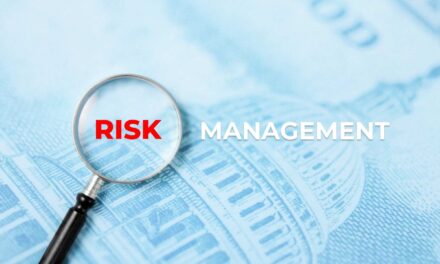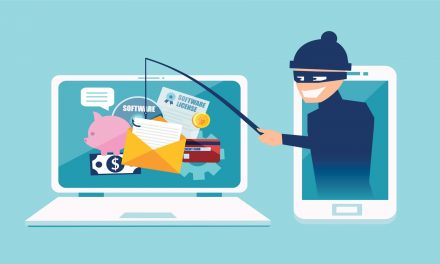Happy Birthday to the Internet! Here are five tips to keep safe on th e 28-year-old network in order to celebrate!
According to Statista, there are 4.66bn active internet users globally, equating to almost 60% of the world’s population.
At the same time, cybercrime has been estimated to make up 43% of overall crime since the Internet became accessible to the public.
In commemoration of the invention of the Internet and in response to the cyber threats that have become a part of the digital world, Check Point Software offers the five commandments that every user must follow to keep their online life safe from cybercriminals:
- Think before you click on a link: Internet users are too trusting when surfing the web. Phishing attacks are increasingly common, especially now that devices store a large amount of user information. For this reason, special care must be taken with URLs sent via SMS or email, as they can be fraught with danger. To avoid becoming a victim, always go to the sender’s official website instead of clicking on the link in the message.
- Use a different password for everything: It is true that having to think of a different password for the platforms you use every day is a pain. It is hard to remember them, and it would be much easier to use the same one for everything. But there is no greater joy for a cybercriminal than to come across such a user. Any internet users that relies on a ‘one password fits all’ approach could see all their accounts hacked in record time. Once attackers manage to decrypt the combination of a victim’s platform, they will try to access all of their accounts with the same key. To avoid this risk, it is essential to create a unique password for each app or service of at least eight characters that combines letters (both upper and lower case), numbers and symbols.
- Avoid downloading attachments from strangers: An email attachment from an unknown sender can be a gateway for all kinds of cyberattacks such as malware or phishing attacks capable of infecting the entire device and stealing all the information and data stored on it. If, in addition, the device is used for teleworking or is connected to a larger network, it could cause more serious and more extensive damage.
- Never access unprotected public Wi-Fi: It is important to bear in mind that anyone, even a cybercriminal, can connect to unsecured public Wi-Fi. The main problem here is that by being on the same network, criminals can gain access to everything stored on your device. There will always be a risk when connecting to a public Wi-Fi network, so it is better to avoid such free connectivity, or train yourself to use a VPN service on top of the public Wi-Fi connection.
- Surfing unencrypted websites: It is vital to make sure that the website you are accessing has an SSL certificate. SSL technology ensures encryption of data sent between two systems by preventing cybercriminals from viewing and modifying any data being transferred, including data that could be considered personal. It is easy to spot an SSL-protected URL: the start of the address line should show an “s” after the term “http”.
CybersecAsia thanks Check Point Software for the tips.

















